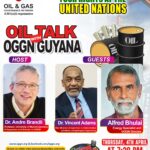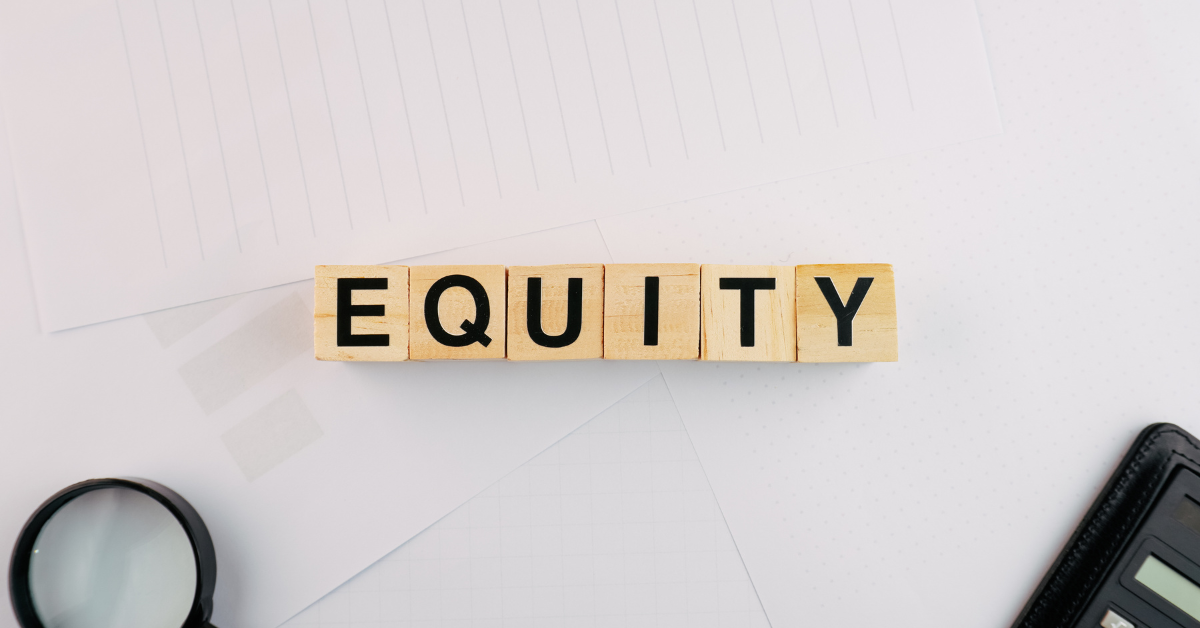President Irfaan Ali ring-fencing is an important concern that has engaged the attention of the Guyanese people; but Guyanese policymakers do not want to take any action to establish ring-fencing in each of the oil projects that are currently extracting and exporting oil from Guyana. When there is no ring-fencing, the people of Guyana are denied, in a timely manner, their rightful share of the oil revenue earned from current oil extraction operations.
Without ring-fencing, the money earned in a financially viable, oil extraction project can be disbursed to finance oil exploration and development activities in other unauthorized projects. For example, it is reported by the auditors that ExxonMobil Guyana Limited (EMGL) used oil revenue earned from Liza 1 and Liza 2 in the Stabroek block to conduct drilling operations in the Canje and Kaieteur blocks that were not approved under the existing Production Sharing Agreement (KN, Oct. 22. 2023). This action by EMGL inflated the cost charged to Liza 1 and 2, thereby reducing the profit share due to Guyana. The auditors also listed other unauthorized charges for unrelated costs for travel and health services to the Stabroek accounting statements (KN, 10-22-2023).
Another way a company can divert money away from sharing larger profits is to spend some of the money on community-based projects, including education and sports events, which will give the impression that the company is assisting in community outreach and development. However, this ‘acclaimed outreach’ is to buy political silence from the political establishment, while the recipients of the financial gift will undoubtedly come to the defense of the supposedly benevolent gift-givers. So, is this genuine community development being financed by the Company? No! The money is not coming from the company’s profit share, but most likely this disbursement will be charged under the 75 percent cost recovery and deducted from total revenue. Consequently, policymakers and recipients should not sing from the Company’s song book, for this is the classical ploy that divides people and hinders genuine development.
Meanwhile, the benefit of ring-fencing is that it allows each project to: (1) Clearly identify the number of barrels of oil to be profitably extracted from each reservoir; (2) Define the average cost of a barrel of oil; 3) Derive a profit margin on every barrel of oil; and (4) Establish the breakeven level of oil output, where profits advance into positive territory, for a given price of a barrel of oil. As expected, some oil will remain in the reservoir after the commercially profitable quantity has been extracted; and this will result in the company closing that well and simultaneously moving to the next financially viable reservoir. This will be the extraction pathway of opening and closing reservoirs with the same distribution of 85.5 barrels out of every 100 barrels for EMGL and only 14.5 barrels for Guyana until the 11 billion barrels are extracted. Guyana will have nothing more to receive beyond 14.5 barrels, if the ring-fencing and breakeven extraction model is not included in a new PSA that is aimed at delivering fairness and equity for a non-renewable resource that Guyana owns.
Finally, it has been reported that Mr. Routledge, Company Manager, EMGL, is quoted as saying’… “The country is never in debt; that’s the beauty of a production sharing agreement, it’s the investors (that) take all that investment risk. We invest the capital and the cost recovery mechanism only pays back the dollars we have invested, (so) there is no financing component.”
In response, it is contended that Mr. Routledge’s statement is misleading, for EMGL has not covered the full liability cost associated with a probable oil spill; and this is a possible debt that Guyana will have to pay, if an oil spill occurs. As a result, EMGL is not taking all the investment risk, since Guyana will be trapped with the clean-up cost and compensation payments to our many neighbours. And that 14.5 barrels out of 100 barrels will be insufficient to cover all the damages. Also, being classified as a high-income country, but unable to pay the debt will expose the false proclamation of Guyana being a rich, high-income country.
Furthermore, Guyana, as the sole owner of the resource, is defined in the PSA as the ‘Non-Owner Associate’. Placing Guyana in such a demeaning category is contemptuous, for to have no vote or authority in the extraction of something you own 100 percent is reminiscent of slavery and indentureship. Therefore, this signals that we have lost our sovereignty and this loss must be corrected by our policymakers.
In another comment, Mr. Routledge is reported to have said that ‘We invest the capital and the cost recovery mechanism only pays back the dollars we have invested…’. This statement is also misleading, for any investor will tell you that a successful investment is one in which one must take out in the shortest possible time, more than what you have invested. And in this regard, I refer to a statement by Kathy Mikells, Senior Vice President and Chief Financial Officer, Exxon Mobil Corporation, who said, ‘… that the company’s approach has resulted in tremendous financial success…(and) …that the oil giant is sparing no effort in maximising value from Guyana on all fronts, as quickly as possible…’. Equally distressing is the statement by John Hess (KN 5-14-2023) who said, ‘Successful execution of our strategy (at EEPGL now EMGL) has uniquely positioned our company to deliver significant value to shareholders for years to come…’. Given these statements by Kathy Mikells and Mr. Hess, it is therefore irrefutable that the comments by Mr. Routledge cannot supersede the declarations by his two seniors. Meanwhile, there is serious work to be done by our policymakers; for future generations will not hold you in high esteem when comparisons are made with those who laid the foundation for our freedom and for us to succeed.
Sincerely,
Dr. C. Kenrick Hunte
Professor and Former Ambassador
Article Originally Published At: https://www.kaieteurnewsonline.com/2023/10/24/with-no-ring-fencing-guyanese-are-denied-their-rightful-share-of-the-oil-revenues/











